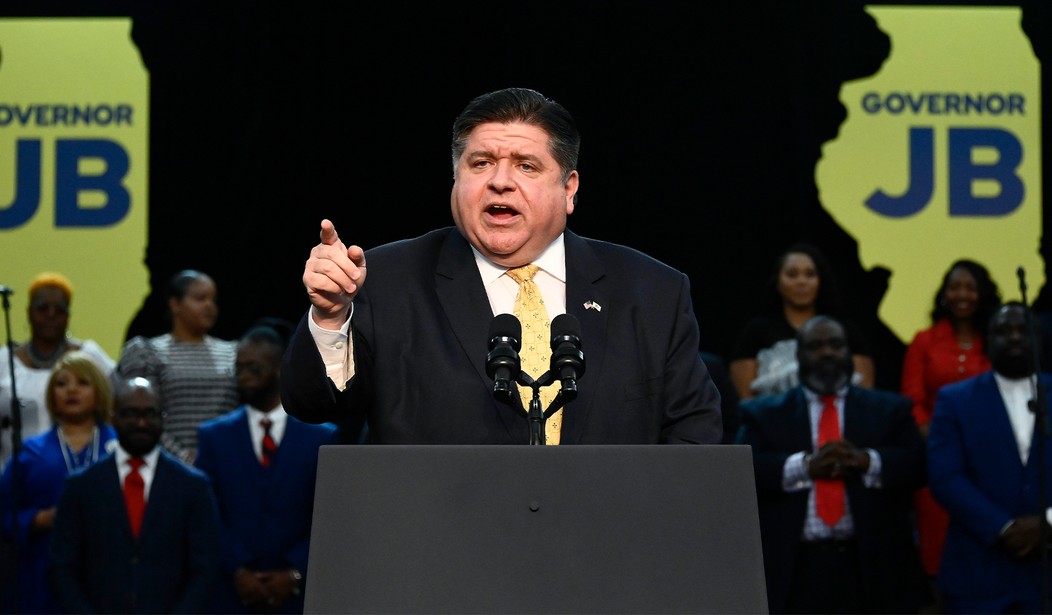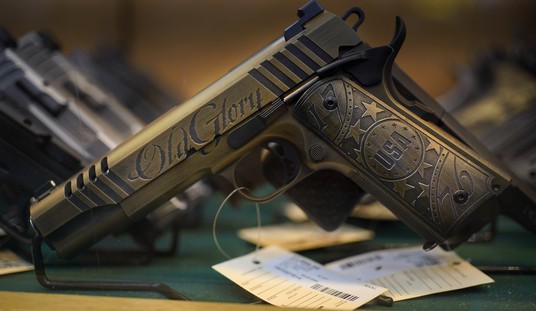When Illinois Democrats approved a massive ban on “assault weapons” and “large capacity” magazines a couple of weeks ago, Senate President Don Harmon told opponents that he would see them in court. Well, he better clear his calendar if he actually wants to be in the courtroom as the Illinois Attorney General defends the new law, because there are now multiple lawsuits underway challenging both the content of the new ban as well as how it was approved in the first place.
At least three lawsuits have been filed taking on the new ban, with a fourth expected to be filed as early as this week. The first suit is being brought by several individual gun owners in Crawford County who argue the new ban violates their Second Amendment rights, while another lawsuit filed in circuit court contends that the state legislature violated its own rules when it approved the ban.
In the Effingham County lawsuit, [attorney Thomas] DeVore focuses largely on procedural issues under the state constitution, arguing that the process by which the measure was approved violated a requirement that legislation be confined to a single subject. In the final days of the their lame-duck session, lawmakers took a bill that was initially about insurance and overwrote it with the weapons ban.
While a common practice in Springfield, DeVore argues that “it’s an abhorrent method of excluding the public from participating in lawmaking so they might have a meaningful opportunity to make their voices heard to representatives.”
The lawsuit, which names Pritzker, House Speaker Emanuel “Chris” Welch, Senate President Don Harmon and Attorney General Kwame Raoul as defendants, alleges that lawmakers and the governor violated the state constitution’s due process and equal protection clauses.
We have our first federal lawsuit as well, with a coalition that includes the Second Amendment Foundation, Firearms Policy Coalition, Illinois State Rifle Association, two firearms retailers, and Illinois gun owner Dane Harrell filing a lawsuit on Tuesday in the Southern District of Illinois. Harrell v. Raoul argues that, while the federal courts in the state (as well as the Seventh Circuit Court of Appeals) have previously upheld bans on “assault weapons” and “large capacity” magazines as constitutional, those opinions were handed down using a test the Supreme Court specifically rejected in NYSPRA v. Bruen, and the bans aren’t likely to fare nearly as well under the text, history, and tradition test that SCOTUS says is appropriate when considering the constitutionality of gun control measures.
The plain text of the Second Amendment covers the conduct the Plaintiffs wish to engage in because it “extends, prima facie, to all instruments that constitute bearable arms, even those that were not in existence at the time of the founding.”
By prohibiting Plaintiffs from possessing and carrying popular semiautomatic firearms and common ammunition magazines, Illinois has prevented them from “keeping and bearing Arms” within the meaning of the Amendment’s text. As a result, “[t]o justify its regulation, the government . . . must demonstrate that the regulation is consistent with this Nation’s tradition of firearm regulation.”
Here, Defendants will not be able to demonstrate any such thing. Heller and Bruen have already established the only historical tradition can remove a firearm from the Second Amendment’s protective scope—the tradition of banning dangerous and unusual weapons. But to be banned, a firearm must be both dangerous and unusual. Arms that are in common use—as the firearms and magazines Illinois has banned unquestionably are—cannot be unusual or dangerous. Therefore, they cannot be banned, and the Illinois laws challenged herein must be declared unconstitutional.
In addition to the three above lawsuits, the Illinois Gun Rights Alliance is expected to file a suit of its own in federal court in the coming days, with the Second Amendment Law Center and California Rifle & Pistol Association’s C.D. “Chuck Michel” serving as lead attorney.
While courts won’t step in immediately to halt enforcement of the new law, we’ll hopefully see hearings on a temporary restraining order scheduled in short order. Every day that the law is able to be enforced, Illinois gun owners and firearm retailers are suffering irreparable harm to their fundamental rights, and with plaintiffs unable to find relief or redress from the legislature, it’s up to the judiciary to protect the Second and Fourteenth Amendment rights of Illinois residents… especially in those communities where sheriffs, state’s attorneys, and local police have vowed to strictly enforce the new prohibitions.








Join the conversation as a VIP Member